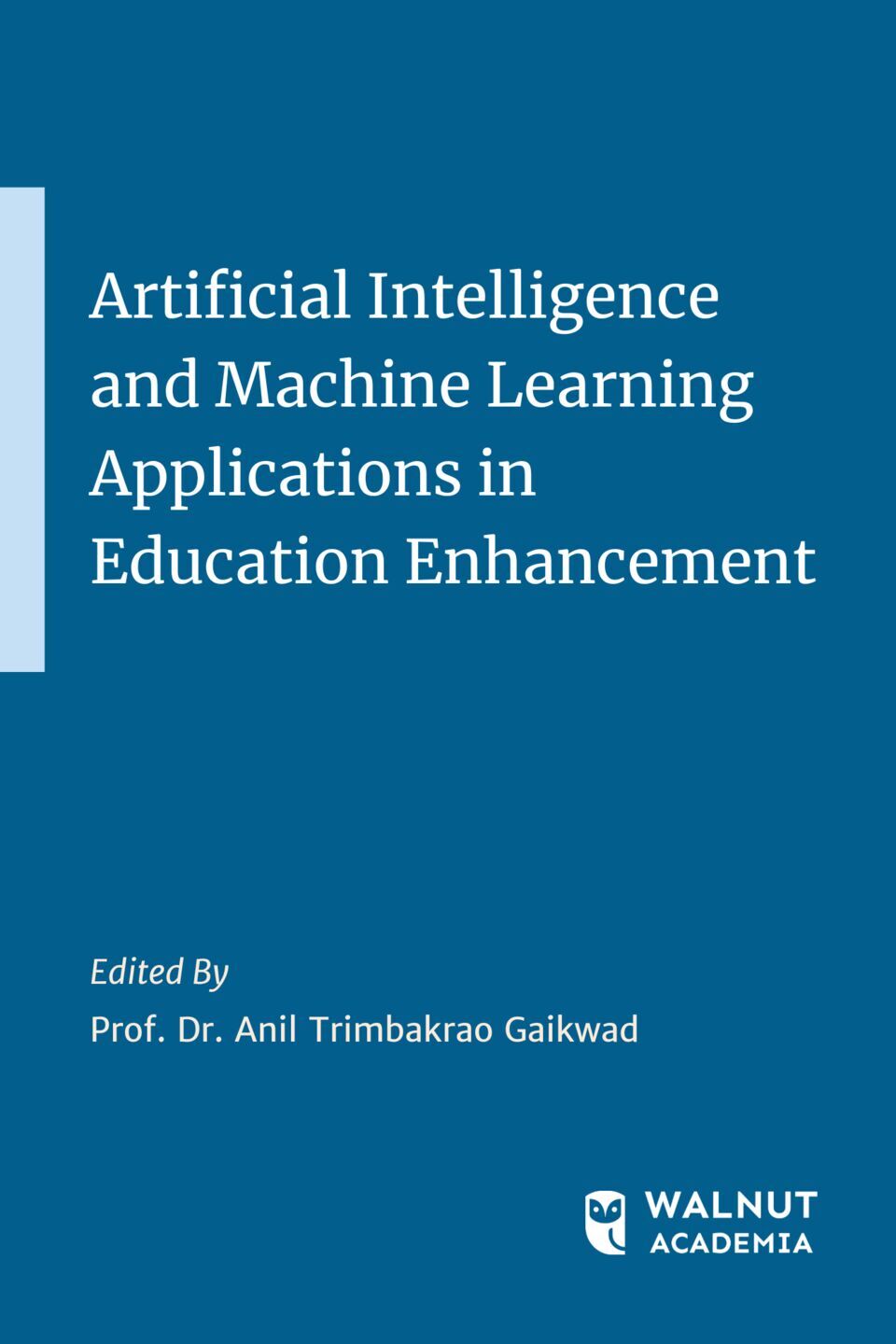
Artificial Intelligence and Machine Learning Applications in Education Enhancement
| Abstract Submission | 15-Nov-2025 |
| Full Chapter Submission | 30-Nov-2025 |
| Peer Review Completion | 24-Dec-2025 |
| Publication | 10-Jan-2026 |

| Abstract Submission | 15-Nov-2025 |
| Full Chapter Submission | 30-Nov-2025 |
| Peer Review Completion | 24-Dec-2025 |
| Publication | 10-Jan-2026 |

Professor & Associate Dean, DYP Agriculture and Technical University, Kolhapur, India
Dr. Anil Gaikwad is working as Associate Dean Academics and Associate Dean of School of Commerce and Management, School of Agri. Business Management in DYP Agriculture and Technical University Talasande Kolhapur Maharashtra - India. He has 29 years of teaching experience. For Post graduate Courses MBA MCA, Graduate Courses BBA, BCA. He has published 61 Research Papers in the International Journals of repute. He has written 27 Books on Management and Computer Application Subjects. He conducts motivational and Knowledge management Sessions for the Students community in the various colleges.
This book highlights the power of AI and ML in advancing education through innovation and inclusivity. From adaptive learning to ethical challenges, it offers practical strategies aligned with NEP 2020. An essential guide for those building tomorrow’s classrooms today.
Walnut Academia is committed to publishing only peer-reviewed books and chapters. Every submission undergoes a thorough peer-review process before acceptance. Our reviewers and editors follow established ethical guidelines to ensure fairness, quality, and integrity in the evaluation of all academic work.
3000 INR/Chapter | 50 USD/Chapter
No hidden costs. Flat rate Chapter Processing Charge for manuscripts up to 20 pages. Authors or their institutions/funding bodies will need to pay the CPC following acceptance after peer-review.









© 2026 Walnut Academia. All Rights Reserved